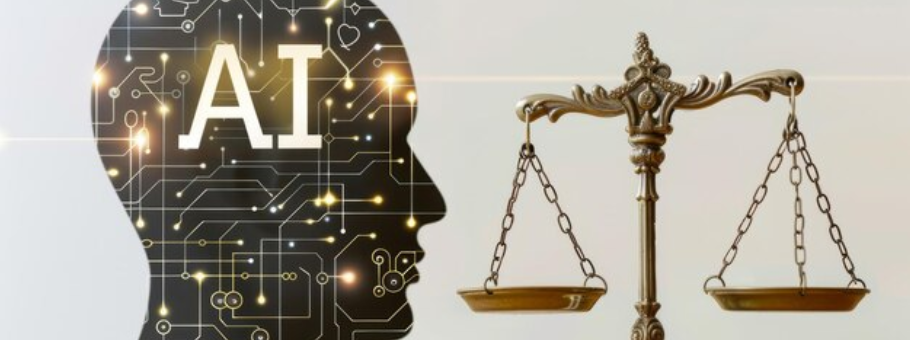Has Research Become Too Competitive?

The Rise of Careerism
Research scientists are supposed to look somewhat ‘nerdy’ in their lab coats and unfashionable glasses that they raise above their furrowed brows from time to time in order to rub the bloodshot eyes that are fatigued from too many hours spent staring into their microscopes. Too much of a caricature, perhaps, but still emblematic of a profession that has always professed to pursue the pure truth of science over personal reward.
Critics would argue that scientific research has, out of necessity, become a cutthroat business with all the analogies that go along with that assessment. Fight to the death confrontations for funding are matched only by dog-eat-dog battles for increasingly rare tenured positions. The rules of ethical conduct, it would appear, have become increasingly flexible in this competitive environment. Some warriors will ignore them completely in the fabrication of research data, and others will stretch them to their limits and hope not to get caught. In every case the justification offered when the transgression is exposed is either, “I was under pressure to get published,” or “everyone else is doing it.”
The Game Is Rigged
Spend some time with a young junior researcher today, and he or she will describe a post-apocalyptic world that is reminiscent of the virtual video games that were a constant distraction from their academic studies. According to a 2013 Economist article:
- Every year, six new Ph.D. graduates vie for every academic post
- Leading journals have rejection rates above 90%
- Research papers that produce negative results account for only 14% of published papers each year.
- Fundable research has to have a “media hook” about aging, or alcohol consumption, or weight loss. If it can be on a ‘hot’ topic such as Alzheimer’s’ or Parkinson’s, even better.
- The more counter intuitive your findings, the greater your chances of publication.
- To get published, you need experience, but to get experience, you need to get published.
A Clear Loss of Professional Collegiality
Many experienced researchers who are able to break through and get a groundbreaking study published have now adopted the practice of withholding specific elements of their data in order to maintain the perceived lead they have in their field with this new study. Putting the inherent ego issues aside, such conduct equates to hard dollars and cents, and if the original data ends up having spurious correlations of any kind, the longer-term consequences can be considerable.
In 2012, researchers at the biotech firm Amgen were only able to produce the results out of 6 of 53 cancer research studies that were widely regarded to be “landmark” studies. Should the other 47 papers be retracted? On ethical principle, the answer should be yes. If there is any question about the integrity of the research, it should at least be flagged for resolution, giving the original authors the opportunity to clear-up the misunderstanding, but since those authors are probably too busy on another groundbreaking study to make time to respond, those questionable studies may persist for years and misdirect future researchers who undertake follow-on studies oblivious to those failed replications. The Economist estimated that in the decade from 2000-10, as many as “80,000 patients took part in clinical trials based on research that was later retracted because of mistakes or improprieties.
Transparency Should Bring Accountability
As long as the pursuit of fame and fortune exceeds the commitment to research integrity, the inherent trust in academic research will be lost. While the stakeholders are now dealing with a problem that is very much of their own creation, sticking with the status quo will only increase the rate of decline. There is no justification for concealing data on the grounds of competitive edge or territorial prerogative. If you want the fame and attention of groundbreaking research, you should be prepared to show your work so that your peers can build upon it. Only sharing part of it sends those peers out on fool’s errands that waste valuable time and resources, as well as steering them towards unsuccessful results. That may be one way to retain the high ground, but it demonstrates a complete lack of professional integrity.





![What is Academic Integrity and How to Uphold it [FREE CHECKLIST]](https://www.enago.com/academy/wp-content/uploads/2024/05/FeatureImages-73.png)




Wow! You nailed the lesson. Thank you.